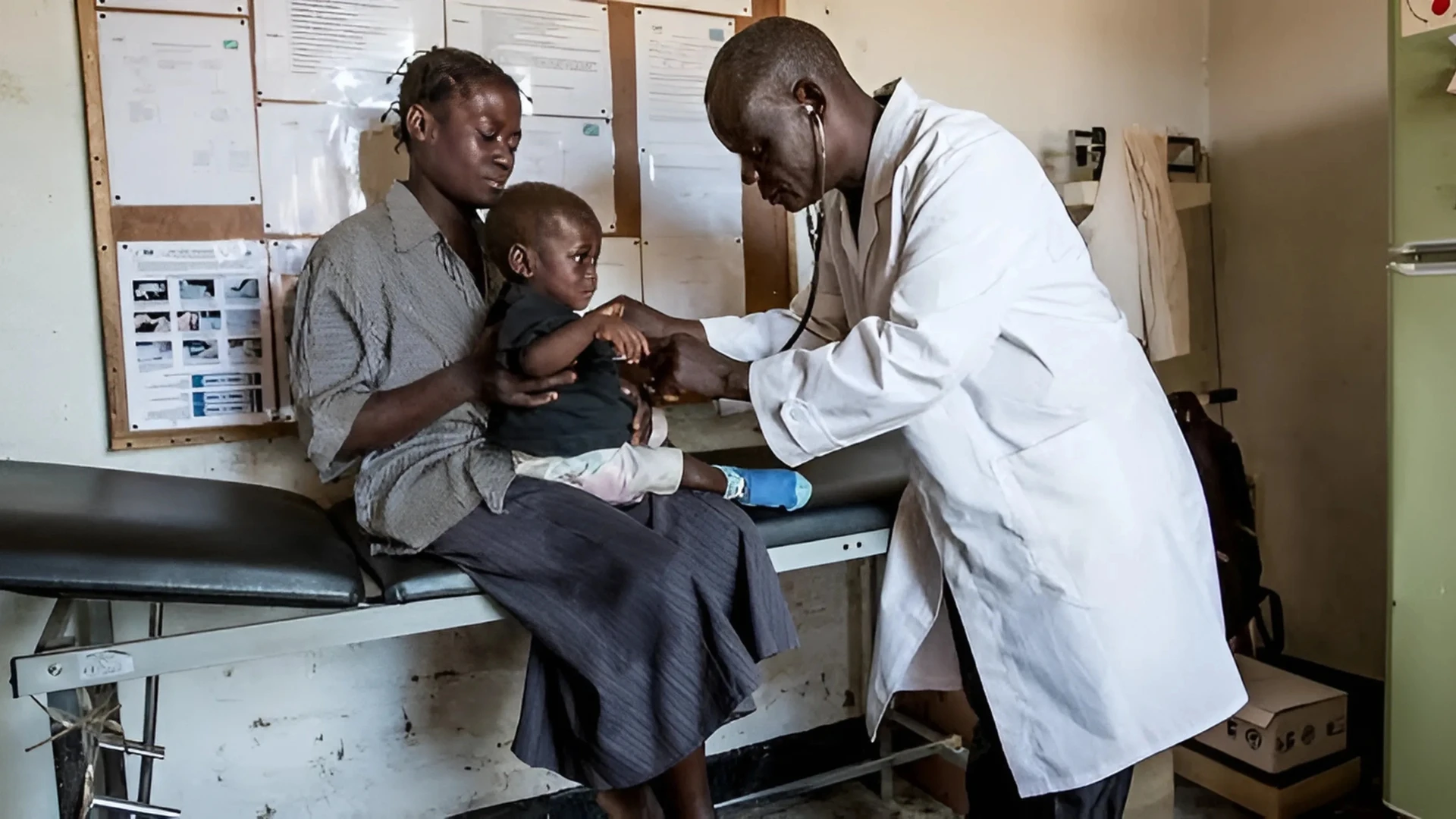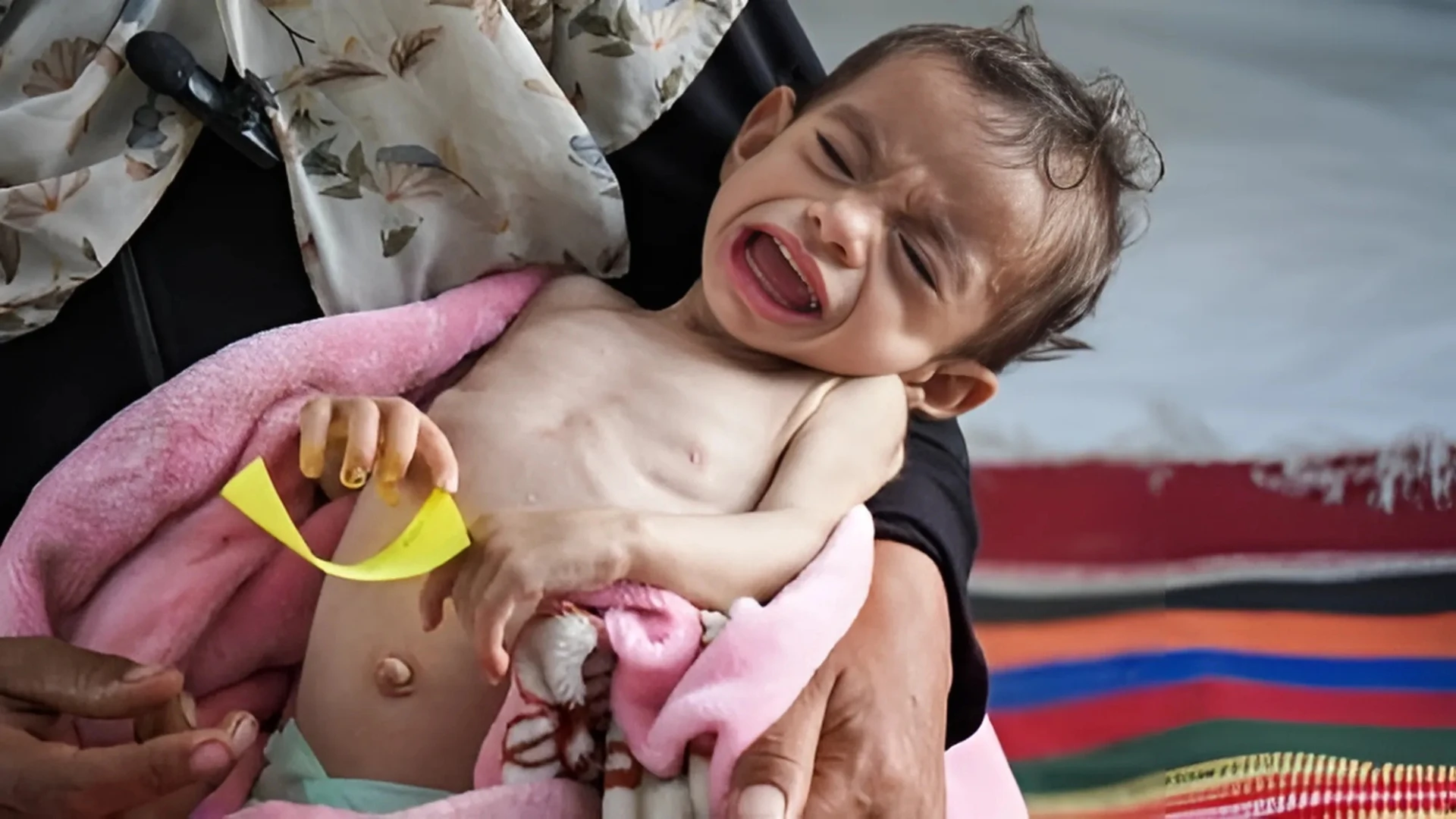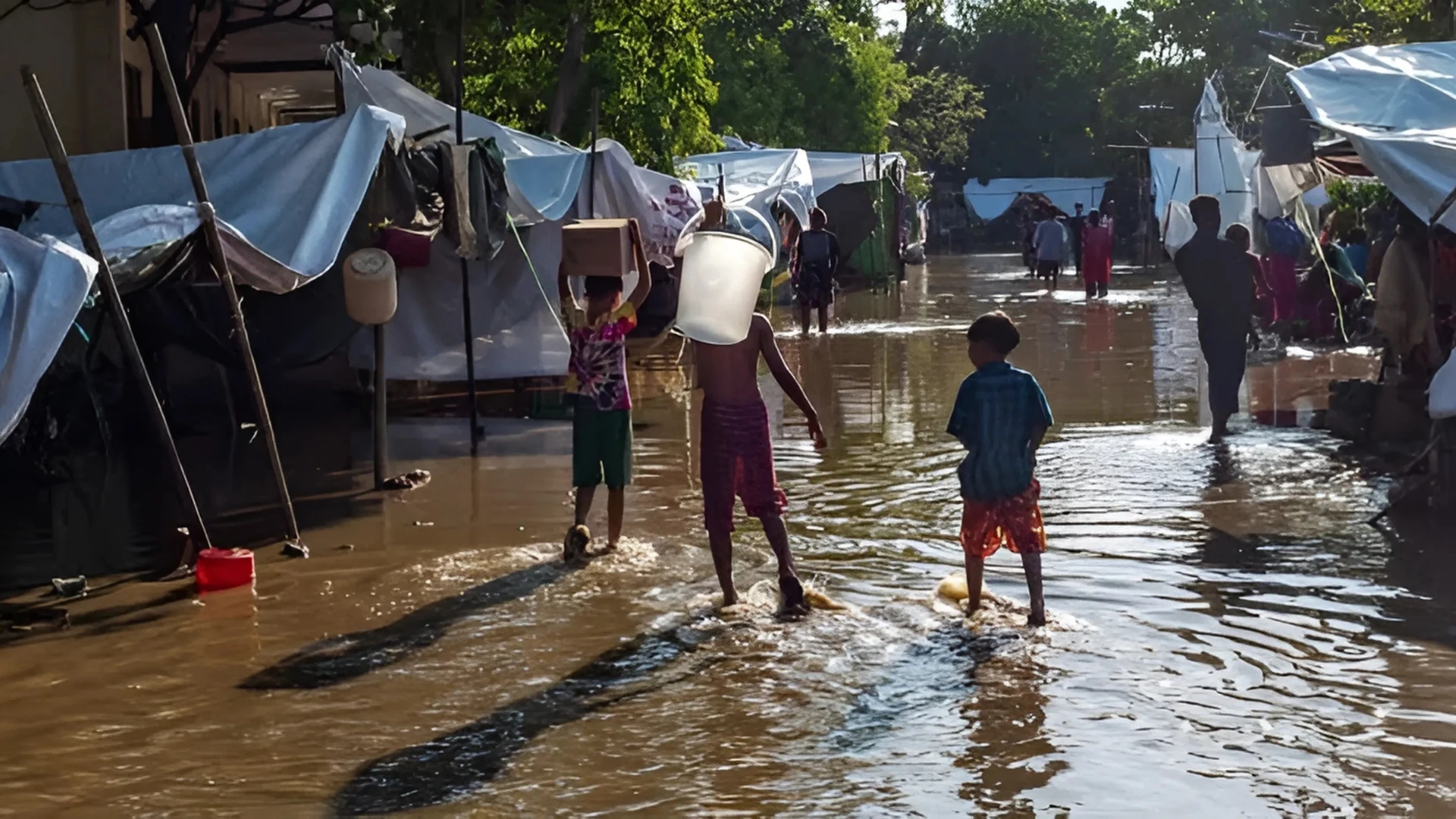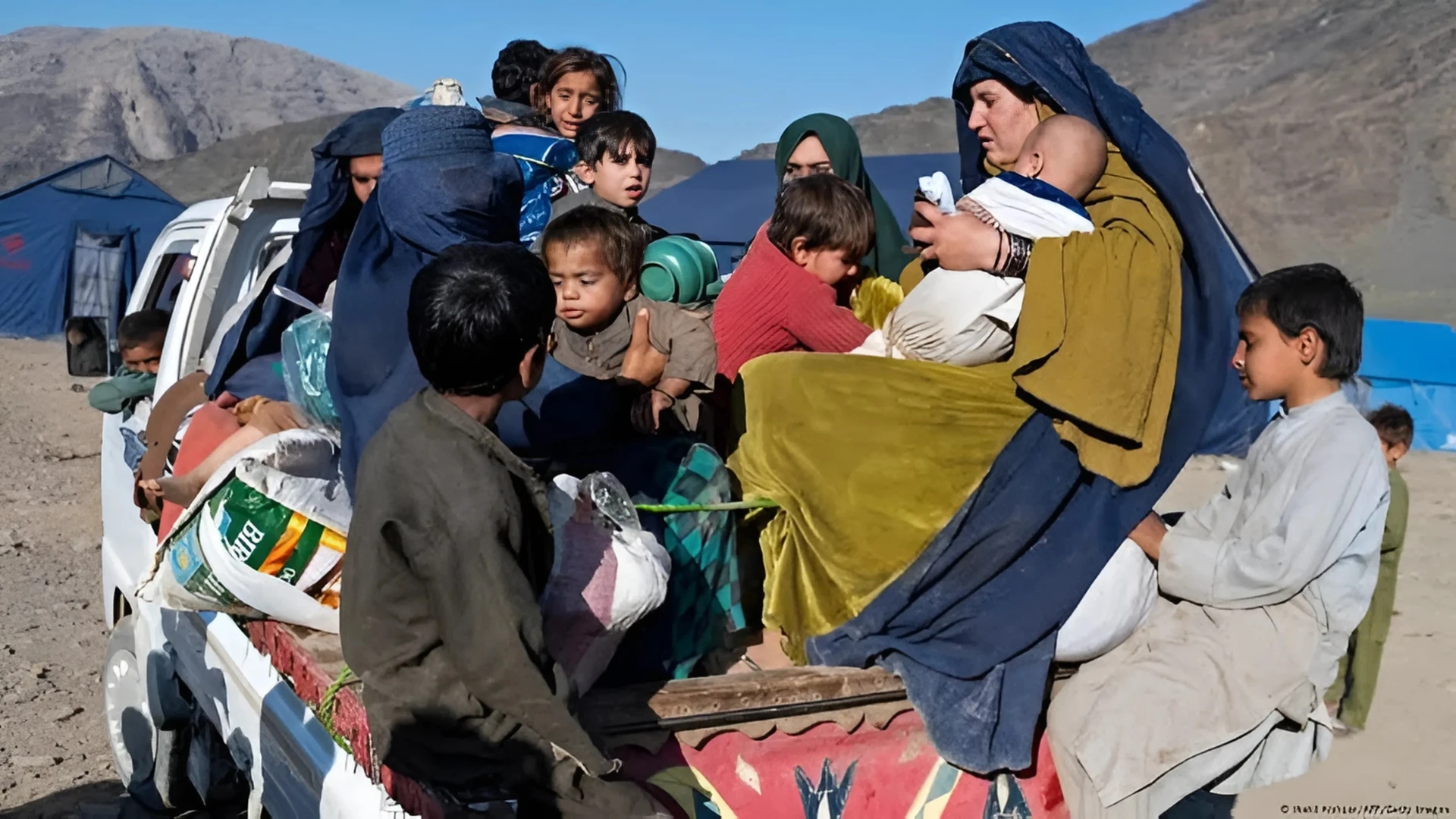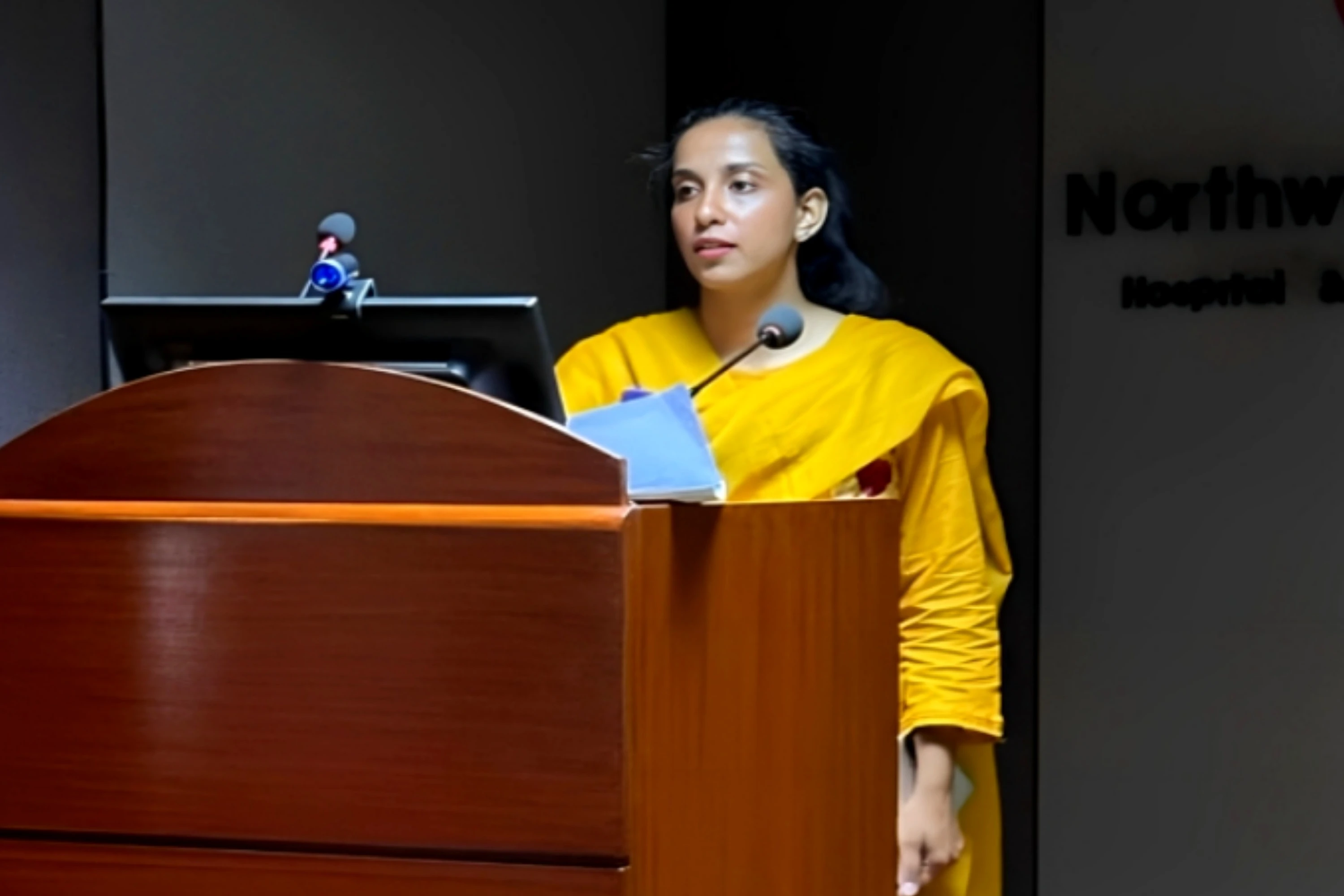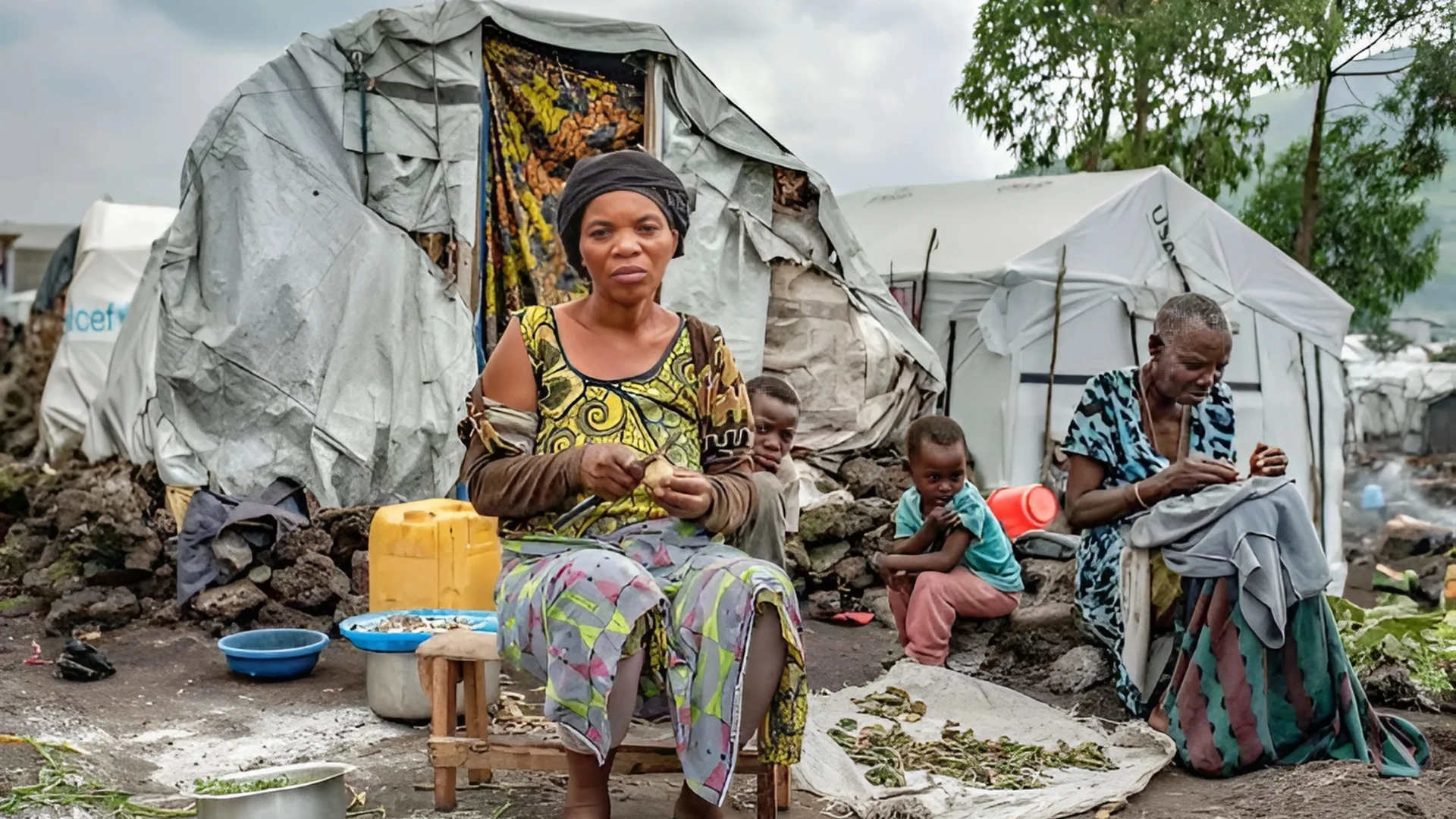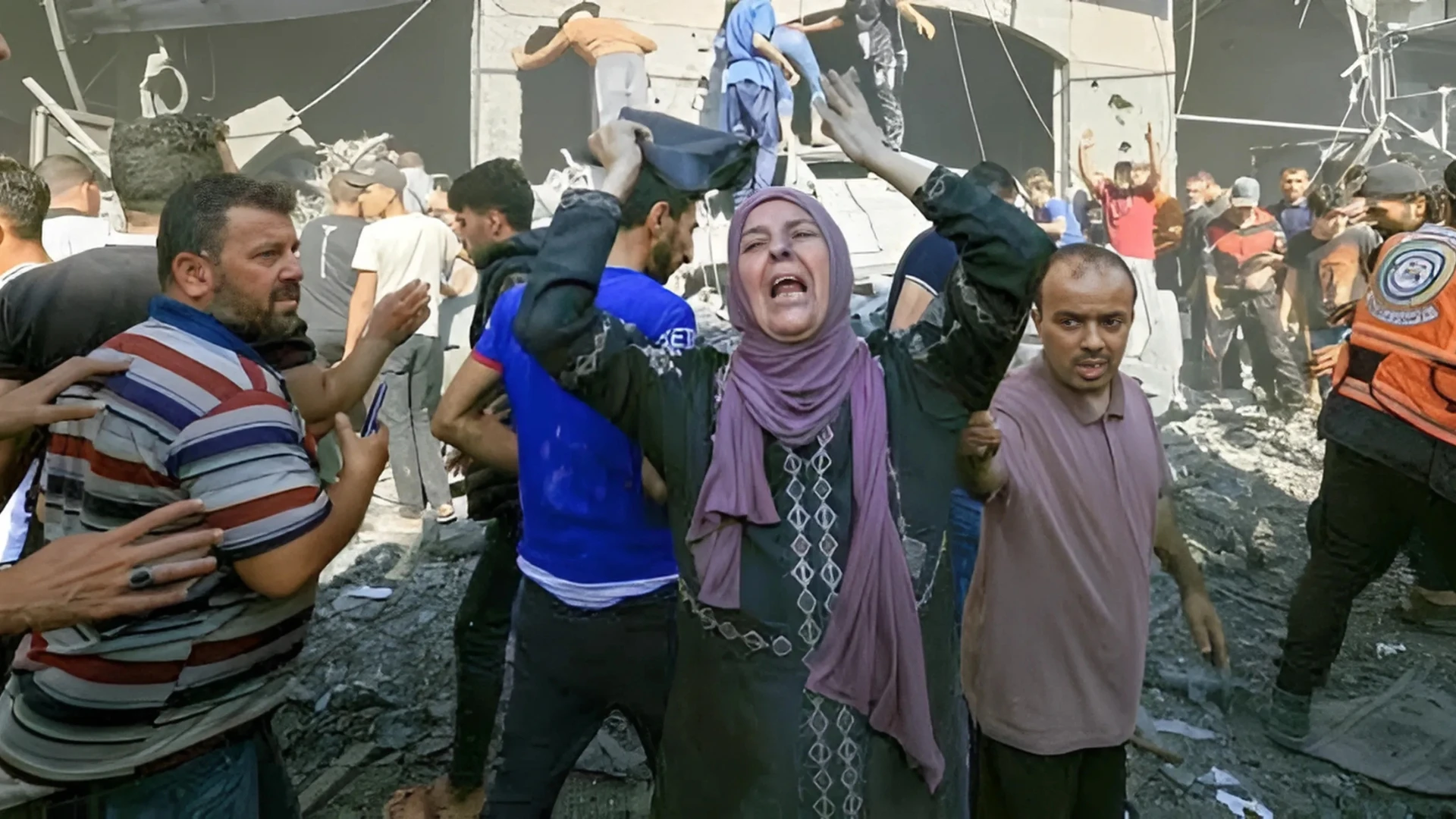Kinshasa: In a significant move to combat pediatric HIV, the Democratic Republic of the Congo (DRC) has unveiled a new national strategy aimed at eradicating AIDS among children by 2030. The initiative, described by the United Nations as a "beacon of hope" during a time of global financial uncertainty, was officially launched by President Félix Tshisekedi during a government gathering in Lualaba province.
President Tshisekedi stressed that it is no longer acceptable for children to be born with or grow up with HIV, given the existence of effective tools for prevention, diagnosis, and treatment. The five-year “Presidential Initiative to End Pediatric AIDS” will be driven by an initial $18 million investment from national resources. It will prioritize political commitment, stronger health systems, and inclusive care—particularly targeting children, adolescents, and pregnant women.
The program supports DRC’s broader efforts under Sustainable Development Goal 3, which focuses on ensuring healthy lives and promoting well-being for all. Despite progress in adult HIV treatment—where 91% of adults with HIV are receiving antiretroviral therapy—children continue to face serious access gaps. Currently, only 44% of children with HIV in the DRC receive life-saving treatment, a statistic that has remained unchanged for more than ten years.
Each year, thousands of Congolese children are newly infected, largely due to the absence of routine HIV screening for pregnant women. This gap not only jeopardizes children’s lives but also represents missed opportunities to protect mothers.
Calling pediatric AIDS elimination a “moral and social justice imperative,” President Tshisekedi outlined four primary focus areas for the initiative: improving early HIV detection and treatment for children, adolescents, and expectant mothers; preventing new infections among these groups; ensuring prompt treatment for those diagnosed; and dismantling systemic barriers that limit young people’s access to healthcare services.
UNAIDS, the United Nations agency overseeing the global HIV/AIDS response, welcomed the initiative as an example of essential national leadership in an era marked by funding shortages. UNAIDS DRC Country Director Susan Kasedde described the initiative as “a breath of fresh air” amid the global cutbacks that are now threatening core HIV services, including access to medications, condoms, antenatal testing, and pediatric care.
With essential HIV services under threat due to reduced international funding, the DRC’s new strategy signals a renewed and determined push to protect the country’s youngest and most vulnerable from a preventable disease.


